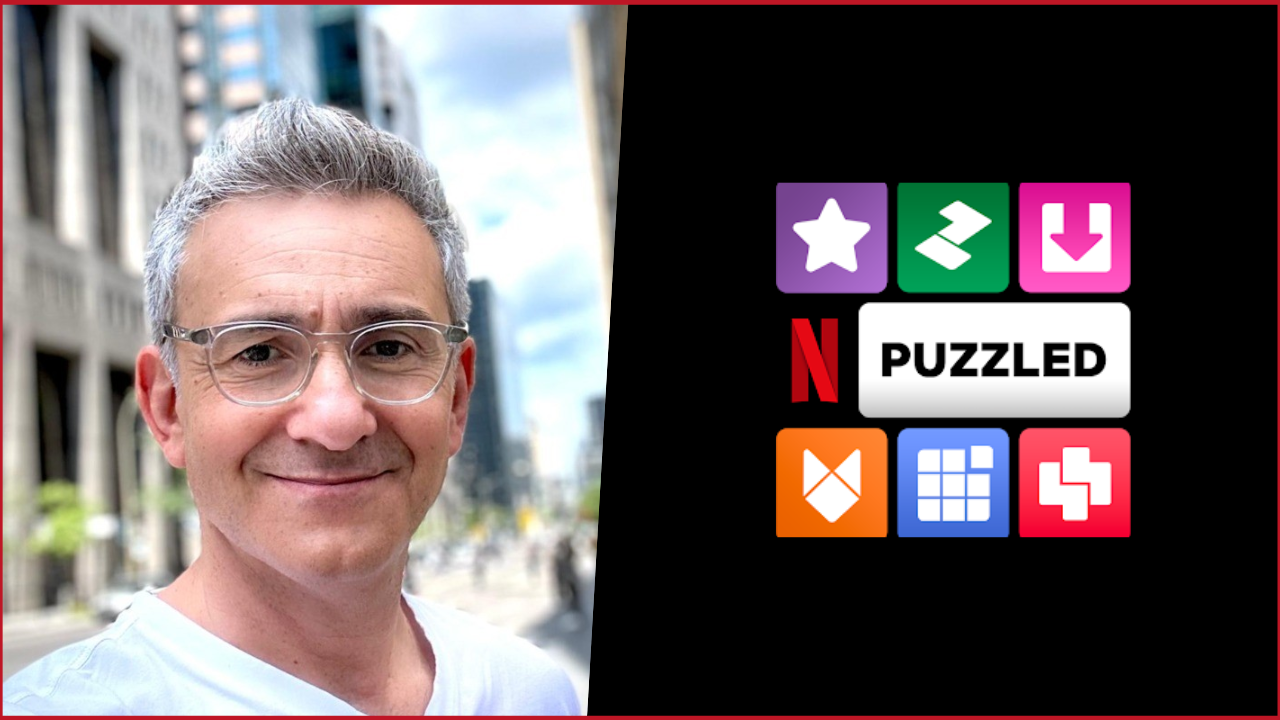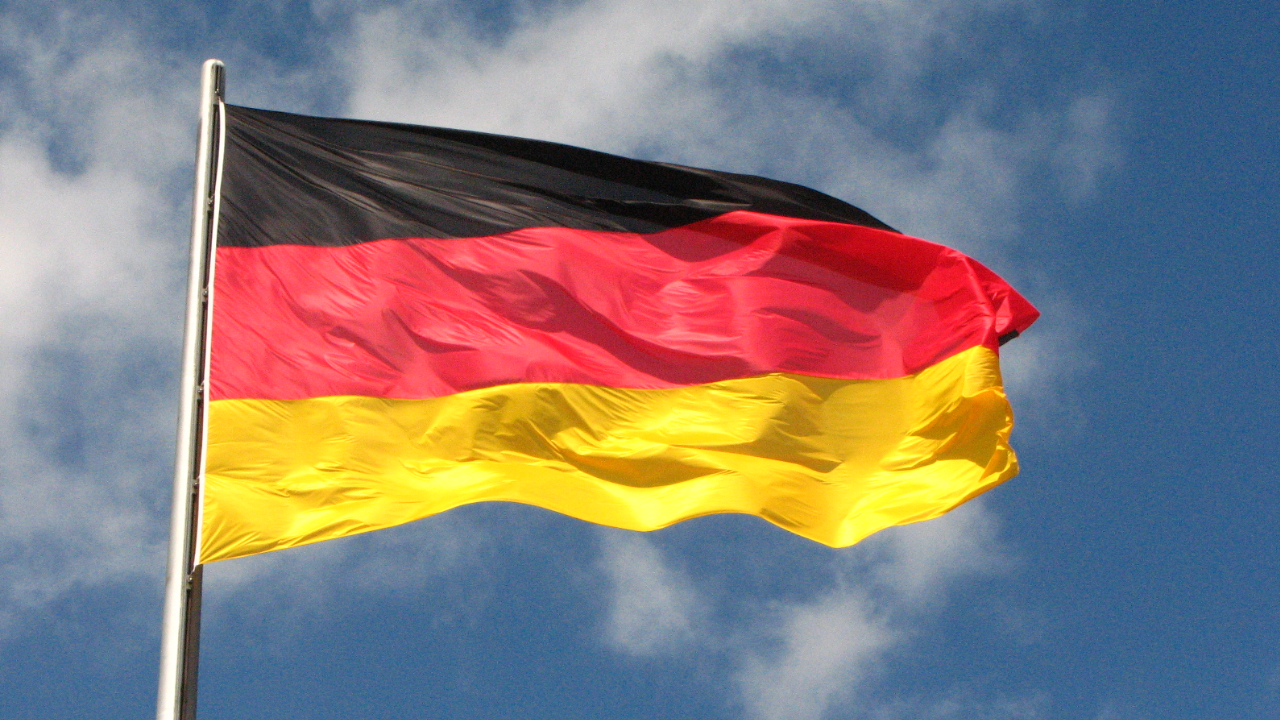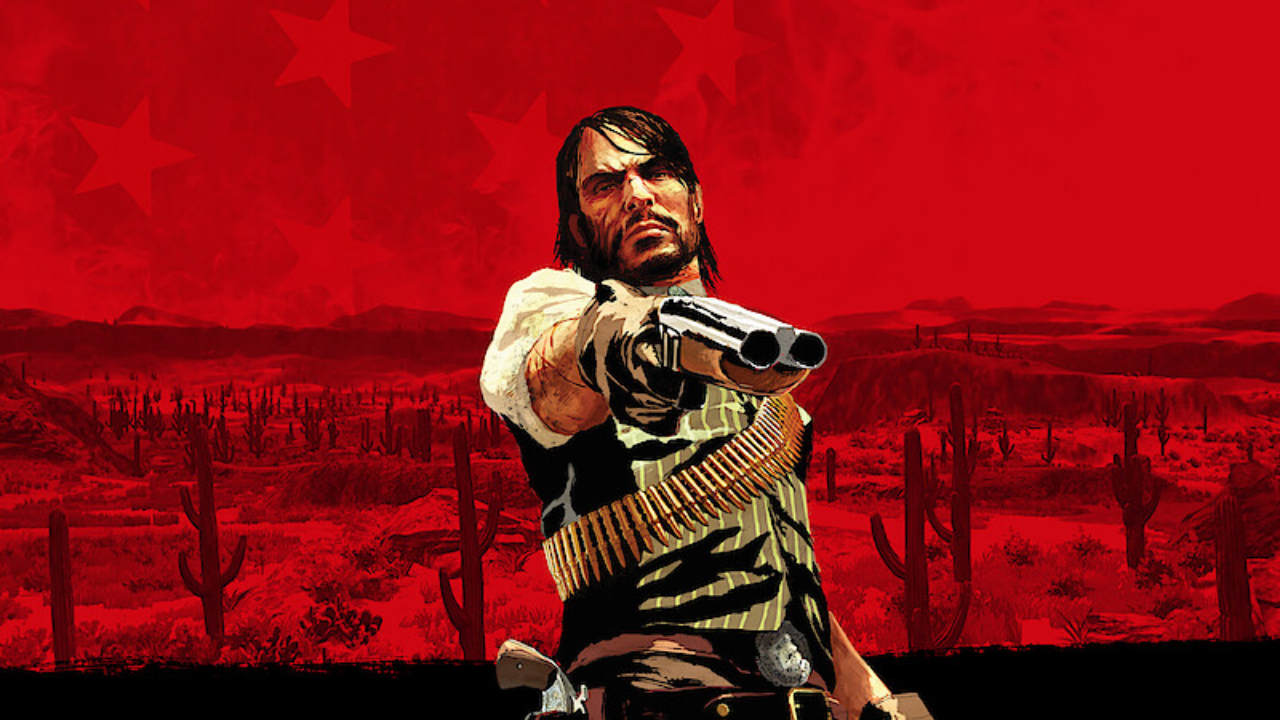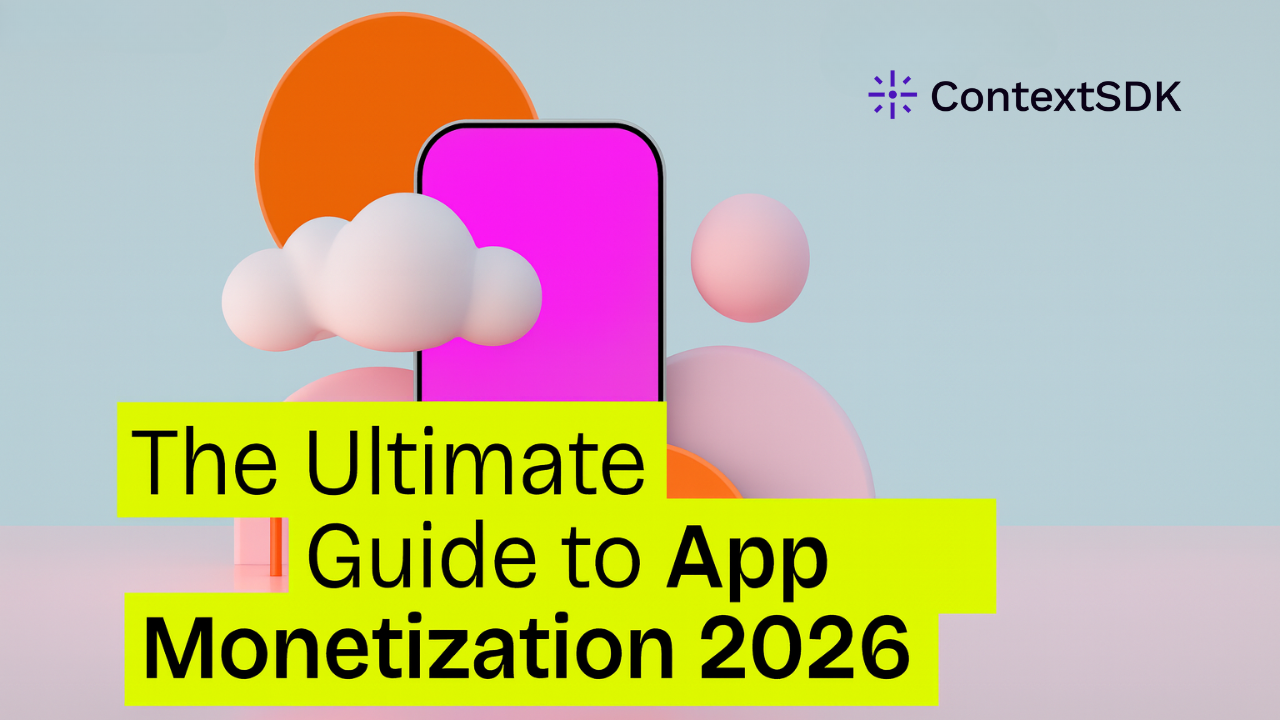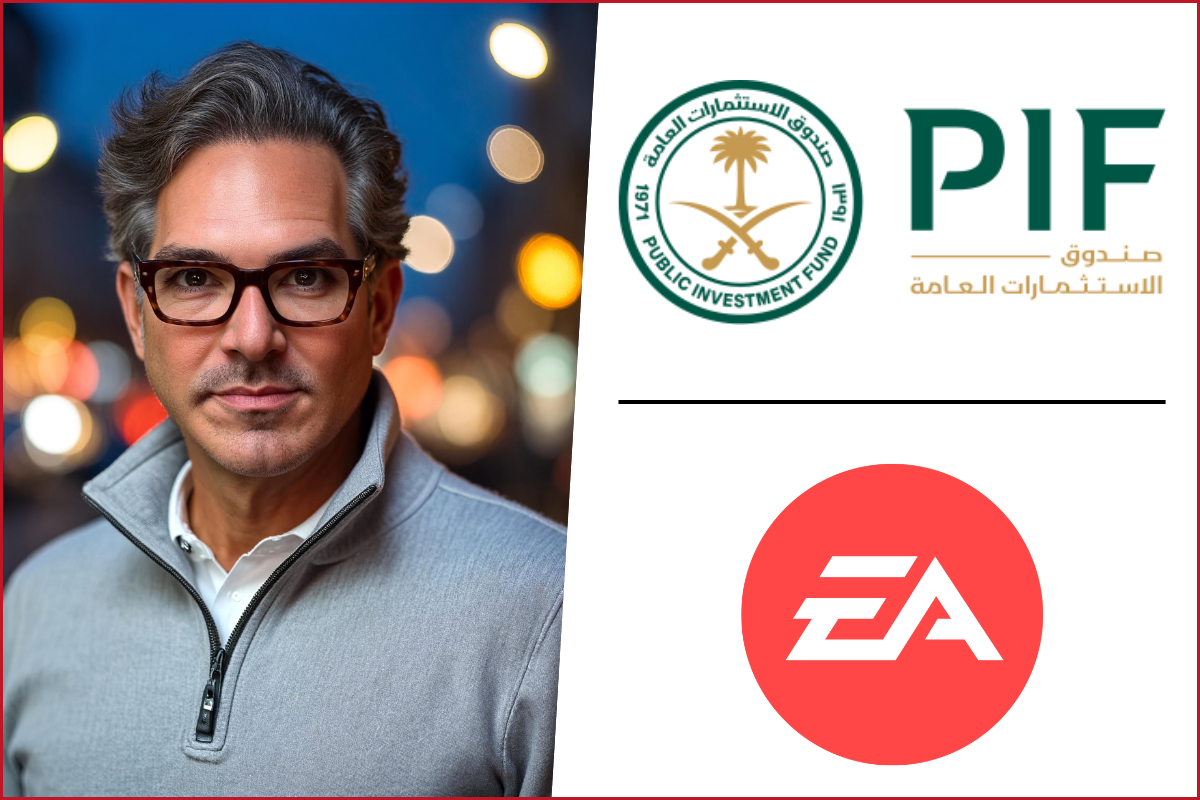Omar H. Téllez, a senior consultant for Appcharge who helped lead Niantic’s global expansion and served on its Executive Leadership Team during its 2025 sale to Savvy Games Group and the Public Investment Fund (PIF), shared his perspective on Electronic Arts’ $55 billion acquisition by PIF, Silver Lake, and Affinity Partners.
A Personal Note: I Saw the Saudi Gaming Playbook Up Close From Riyadh
When Saudi Arabia recently acquired EA for $55 billion, the largest leveraged buyout in history, the move signaled more than a blockbuster gaming deal. It marked the clearest expression yet of a sovereign strategy to own and redefine the future of global sports, media, and fandom. I saw that strategy unfold up close.
Late last year, I spent four months in Riyadh leading the Pokémon GO launch and working closely with Savvy and PIF, just before Niantic’s sale to them. What started as a simple product rollout quickly evolved into something far bigger, a coordinated push to embed interactive entertainment into Saudi Arabia’s civic life, tourism, and Vision 2030’s blueprint.
I remember the heat rising off the roads as we drove past what must have been a thousand cranes at Qiddiya. I remember late-night meetings with ministers and the buzz of a city that wasn’t just building skyscrapers, it was building a story. Riyadh was alive with ambition, and I had a front row seat to how the Kingdom operates at the intersection of capital, technology, and cultural strategy.
So when I saw the headline “PIF Acquires Electronic Arts for $55 Billion in the Largest LBO Ever”, I wasn’t surprised. I’d seen “the game behind the game” up close, and few play it better than Saudi Arabia.
Saudi Arabia didn’t just acquire a game studio. It secured the infrastructure for a future where live events, gaming platforms, and fan experiences are all part of the same immersive world. This is atoms and bits converging, not in theory, but in reality.

This Isn’t About Gaming. It’s About Owning the Global Consumer Entertainment Arena
Electronic Arts is no ordinary publisher. It sits at the top of the world’s most iconic sports franchises: EA FC (formerly FIFA), Madden, F1, UFC, and reaches more than 265 million players. EA is already the virtual home of modern sports fandom.
PIF didn’t just buy a large publisher. It secured the stage where the next era of sports will be played, watched, and monetized, all in one loop.
Here’s what the future could look like when atoms and bits truly converge:
You’re scoring a last-minute goal in EA FC with Cristiano at King Fahd Stadium, and it feels almost indistinguishable from the real thing.
You’re watching the 2034 World Cup on DAZN (partly owned by PIF), and without skipping a beat, you tap into a playable highlight on your phone. Or you switch to AR mode and see life-size holograms in your living room.
You’re physically present in Riyadh for that same tournament, competing on a fan leaderboard powered by EA’s infrastructure. And just for kicks, Pokémon GO, part of the Niantic acquisition, lets you dress up Pikachu in your national team jersey and battle rivals in AR at FIFA Fan Zones outside the stadium.
Call it convergence. Call it immersion. Call it the holy trinity of IP, infrastructure, and interactivity. But don’t call it random. This is a sovereign strategy.
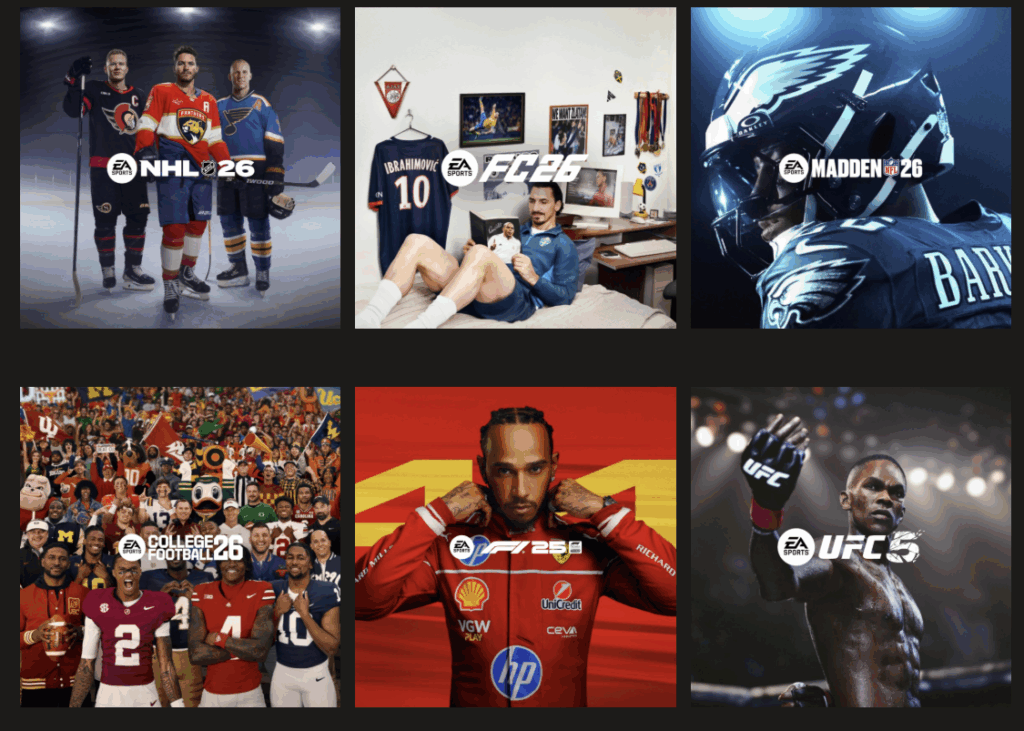
The Flywheel: Savvy, EA, DAZN, Qiddiya, and Vision 2030
The best way to describe it is “infrastructure thinking.” The Saudis have turned this layered stack approach into a national art form
Through PIF and Savvy, the Kingdom has assembled a cohesive ecosystem that stretches from global streaming to esports and mobile gaming, and now to sports gaming itself. ESL FACEIT, Scopely, DAZN, EA, names that may seem disconnected at first glance, are actually pieces of the same strategic puzzle.
And it’s not just digital. I remember driving out beyond Riyadh to Qiddiya, one of the giga-projects tied to Vision 2030. Half construction site, half science fiction. Marketed as the future capital of sports and entertainment,
Qiddiya will feature the world’s first gaming and esports district. Now imagine that district powered by EA’s IP and engines, ESL’s infrastructure, DAZN’s streaming integrations, and Savvy’s ambition to turn fans into explorers, just like we did at Niantic, with Qiddiya as their real-world destination.
This isn’t a slide buried in a PowerPoint. I’ve seen the site IRL. The concrete is being poured.
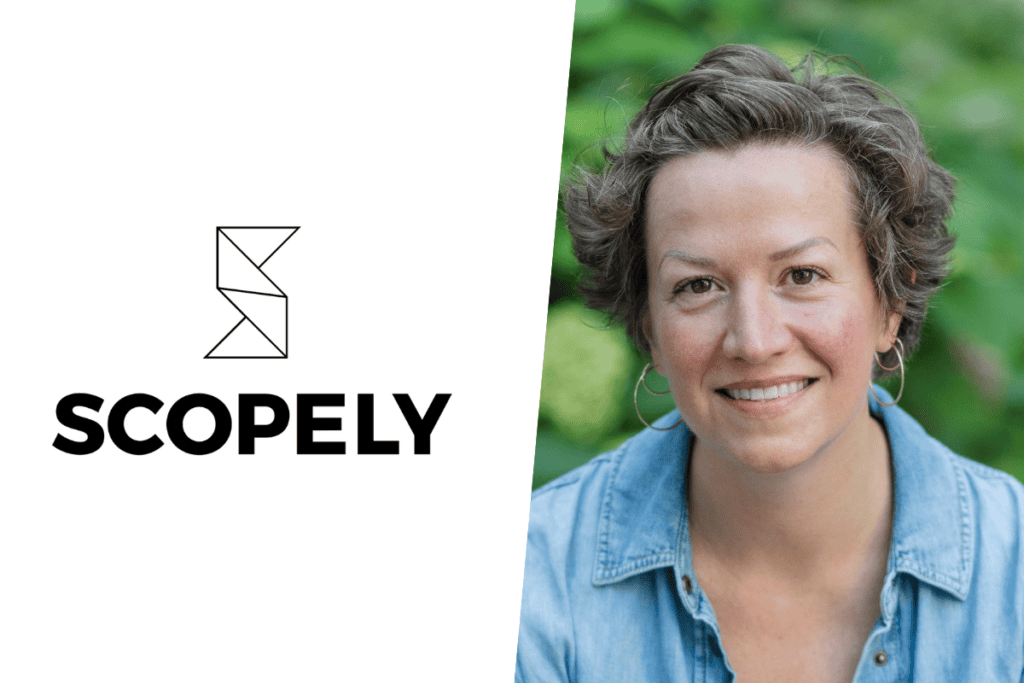
Why Go Private? Because Revolutions Don’t Run on Earnings Calls
Taking EA private wasn’t just financial engineering. It was about buying time.
Time to build. To localize into Arabic and serve 280 million Arabic-speaking gamers. To invent new IP, without quarterly pressures. With $20 billion in debt and $36 billion in equity, this is no short-term flip. This is the Saudi’s Vision 2030: to make the Kingdom, the world’s gaming hub.
And for those wondering if PIF micromanages its portfolio companies, they didn’t at Niantic. They don’t at Scopely. They back bold teams. They let you lead.
A Risky Bet on the Future of Fandom
Let’s be clear: this isn’t a guaranteed win for PIF. They reportedly paid 23x LTM EBITDA, a steep premium compared to recent gaming transactions. Many would argue that EA was a company with considerable headwinds, navigating platform fragmentation, rising competition, and waning brand power. Turning that around while integrating DAZN, Savvy, and Qiddiya is a monumental task.
The synergy around FC and the 2034 World Cup is intriguing, but until world class fan experiences are actually built, it remains just that: a promise. And, sure, beyond FC, the synergy across EA’s broader portfolio is even less obvious.
But this is “the game behind the game”, not just acquiring IP or stacking assets, but rewiring the entire value chain of sport, media, and culture in a way only a sovereign-backed ecosystem can.
Still, if anyone has the capital, conviction, and long-term ambition to try, it’s PIF. They’re not chasing quarterly returns. They’re building national infrastructure. By now, it should be clear that this deal isn’t just about monetizing EA’s games; it’s about redefining where and how the future of sport, fandom, and culture comes to life.
To which I say: Let’s Go! Or better yet: Yalla! ﻼﯾ
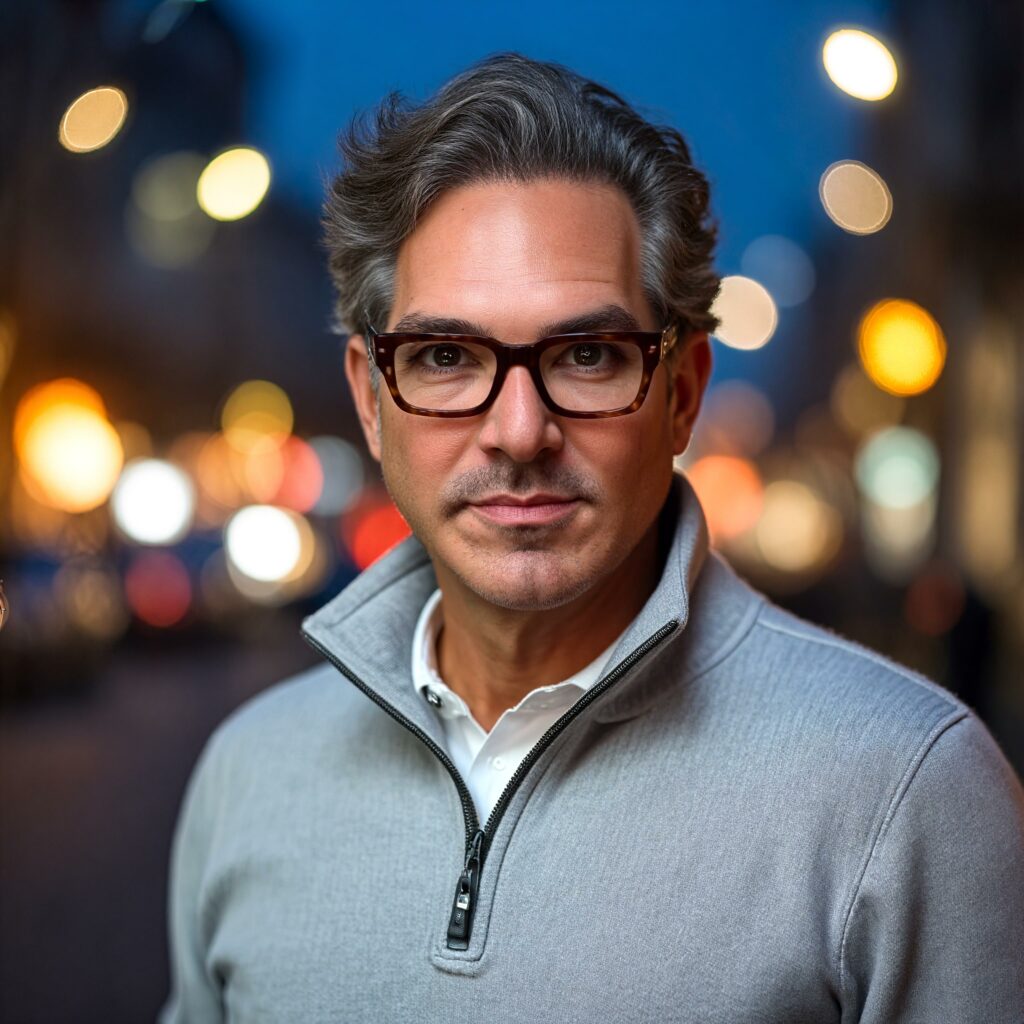
Senior consultant for Appcharge
3X Unicorn Builder: Niantic, Moovit, Synchronoss
Technology Entrepreneur, Executive Leader, Board Member

